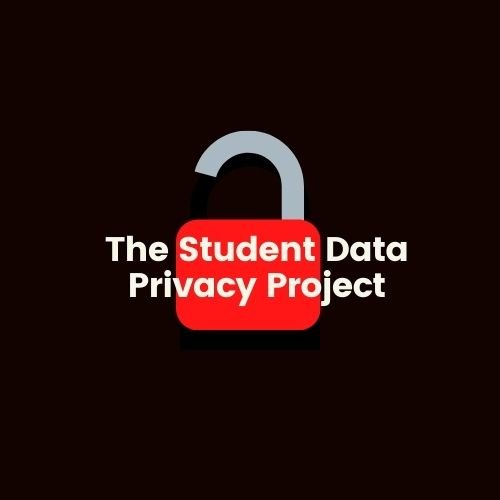What’s At Stake
Our schools are capturing more data than ever before about our kids. That puts their data, their privacy, and their future at risk.
Why This Matters
The harms from the collection, retention, and disclosure of our children’s personal information are real and immediate. This infographic from the Parent Coalition for Student Privacy details many of the ways that student education data is being collected and used today.
What’s Being Collected
Ed Tech companies are currently collecting, without parental consent, students’ names, ID numbers, email addresses, attendance records, disabilities, suspension and expulsion records, race, gender, ethnicity and socio-economic status, date of birth, teacher observations of behavior, grade promotion or retention status, test scores and grades, college admissions, homework, and extracurricular activities. This data is being used against kids in a host of ways.
Real-World Examples
As one example, internet searches and web site visits may be used to discriminate against students based on race, religion, socio-economic status, politics, or personal opinions. If a student looks up or clicks on links about controversial topics like abortion or political conspiracies, even if they’re merely researching them as topics, this may signal their beliefs or opinions.
Student emails and texts may also be used against kids by college admissions staff. With grades and extracurricular activities in flux due to the lockdowns, colleges will be looking at other data points to accept and reject students. Which video games does a student play, for how long, at what time? What online groups does one belong to and what are students saying in these groups?
Children's personal information collected from their activities at school is being used to create personality profiles that may land them on lists used by law enforcement to identify potential criminals. For example, the Pasco County Sheriff's office has been using student data to flag "at-risk" children: "Students can be placed on the list if they get a ‘D’ grade in a class, miss school three times in a quarter, get a single discipline referral during a quarter, or have experienced childhood trauma, according to the Times report." There are huge implications for police departments having access to this type of data.
Children’s personal information can also be collected and used to advertise products and services to them and their parents or used to target them with messages supporting anorexia, opposing vaccines, and advocating white supremacy.
Continue to “Our Strategy” to learn more…

